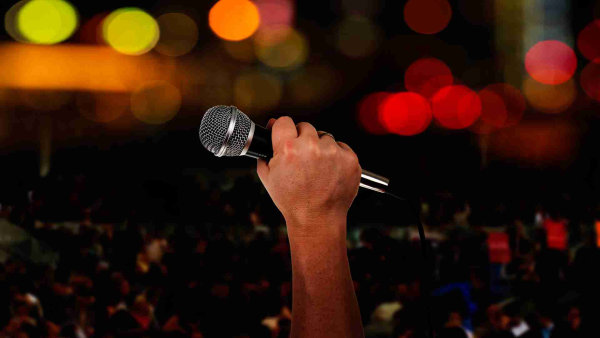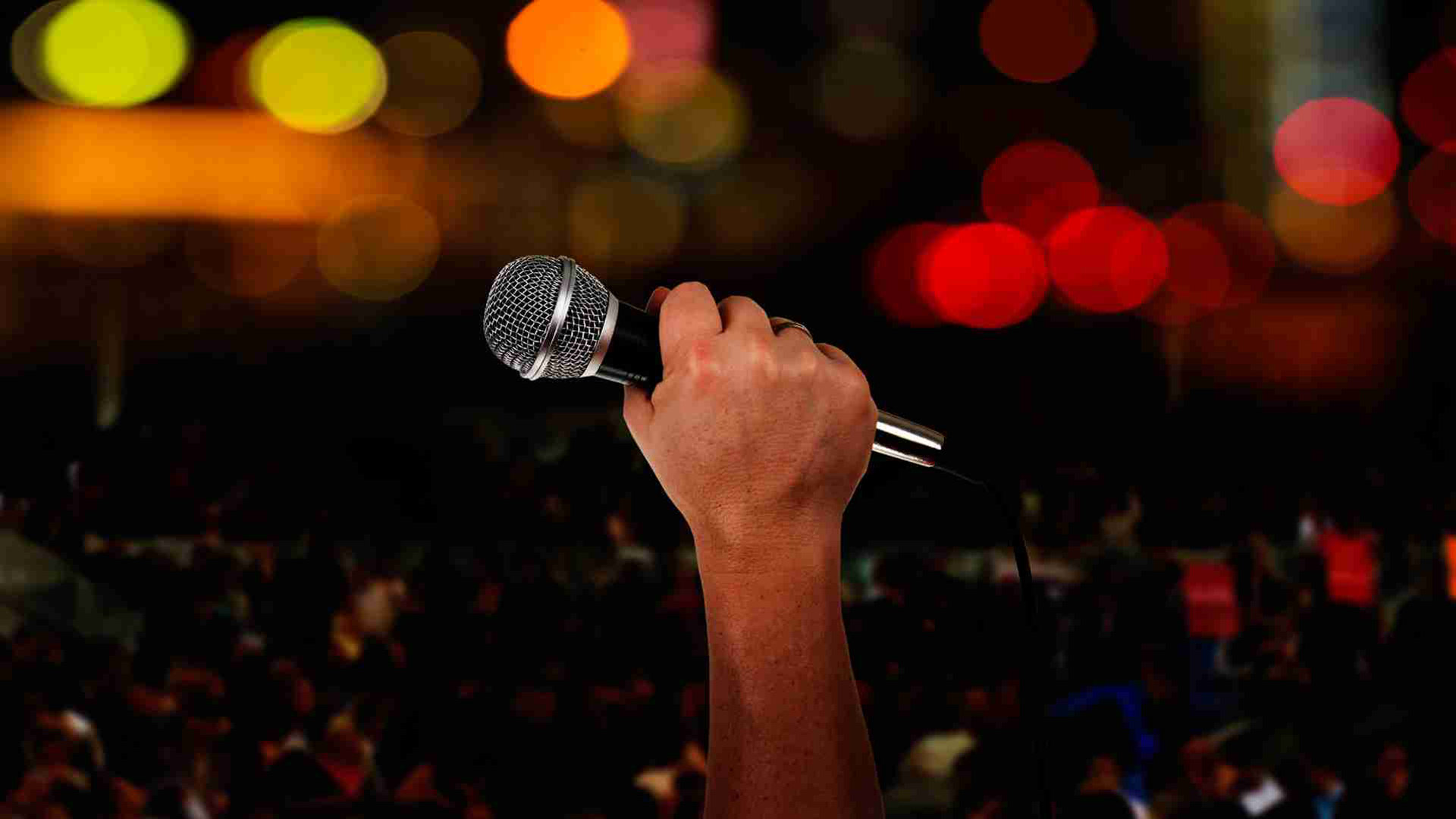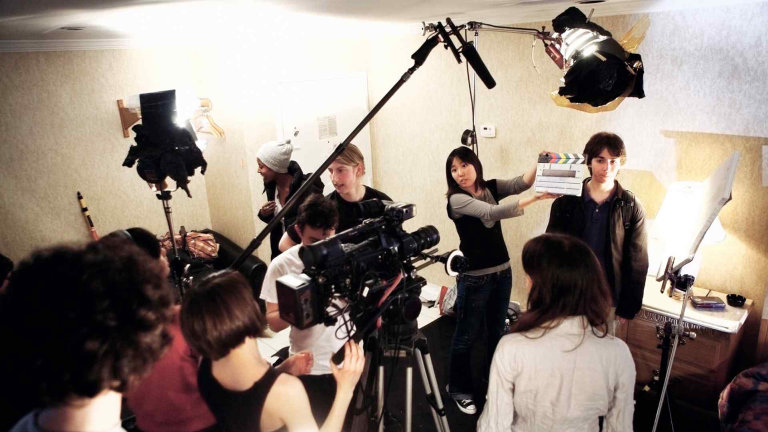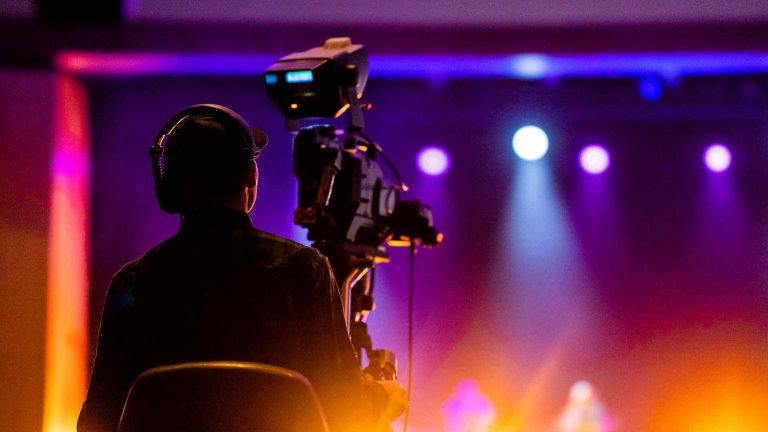
A strong stage presence can turn a good performance into an unforgettable one. It is not only about singing or playing well; it is about connecting with your audience, commanding attention, and creating a moment that feels alive. Whether you perform in a small café or on a large festival stage, stage presence can set you apart from other artists.
1. Confidence Starts with Preparation
Confidence on stage comes from knowing your material inside out.
- Practice regularly until your performance feels natural.
- Rehearse transitions between songs, introductions, and endings.
- Visualize your entire set from start to finish.
When you are well prepared, nerves transform into excitement instead of fear.
2. Focus on Connection, Not Perfection
Audiences rarely remember every note, but they always remember how you made them feel. Instead of worrying about small mistakes, focus on creating emotion. Make eye contact, smile, and let the crowd feel your energy. Authenticity always beats technical perfection.
3. Learn to Use the Stage
Treat the stage as your canvas.
- Move with purpose rather than pacing nervously.
- Use hand gestures that match the mood of your lyrics.
- Step closer to the audience during quiet moments to create intimacy.
If you play an instrument, plan your positioning so you can still engage visually while performing.
4. Control Your Body Language
Your body often speaks before your voice does.
- Stand tall and open instead of slouching.
- Avoid crossing your arms or turning away from the audience.
- Use facial expressions that match the mood of the song.
Good posture and open gestures project confidence and help your audience connect emotionally.
5. Practice Audience Interaction
Learn how to talk naturally between songs. Simple phrases like “How’s everyone doing tonight?” or “This next song means a lot to me” can keep the energy alive.
- Avoid long monologues.
- Keep transitions short and engaging.
- Show gratitude for the audience and the venue.
These small interactions build rapport and make listeners feel part of the experience.
6. Manage Stage Fright
Almost every performer feels nervous before going on stage. The key is managing it rather than avoiding it.
- Take deep breaths before walking out.
- Do light stretching or vocal warm-ups.
- Focus on the first line or chord to center yourself.
Remember that adrenaline is natural and can actually enhance your performance.
7. Use Rehearsal Recordings
Record your rehearsals and watch them back. Notice your posture, movement, and facial expressions. Identify moments that feel awkward or forced and refine them. Seeing yourself perform helps you grow faster than practice alone.
8. Adjust to the Space
Every venue is different. Arrive early to understand the stage layout, lighting, and sound system. Practice walking on and off stage smoothly. Knowing your environment gives you control and minimizes surprises during the show.
9. Feed Off the Crowd’s Energy
The best performances feel like conversations between artist and audience. Pay attention to their reactions and respond naturally. If they cheer, smile or acknowledge them. If they are quiet, draw them in with intensity.
10. End Strong
Always finish with energy. Plan a closing song that leaves a lasting impression. Thank the audience sincerely, and if possible, remind them where to find your music online. The final moments often shape how people remember your performance.






